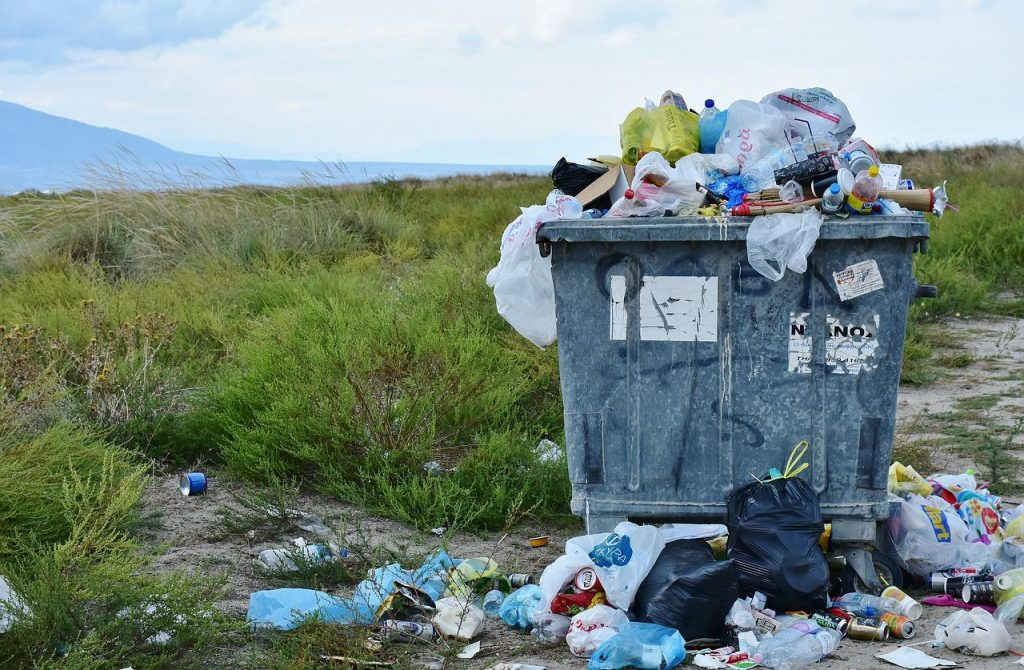Garbage Being Turned Into Drugs?
A company wants to use a process to turn garbage into drugs, an interesting concept that could have a major effect on the field
This article is more than 2 years old

Every time Earth Day comes along, the media is filled with planet-saving messages. Sadly, humanity seems no better for it as climate change continues to ravage every continent. While things like overfishing, deforestation, and fracking are out of control, most of it is due to industrial-scale pollution. This is because everyday items used in modern society rely on industrial-scale chemistry which produces materials that are often hazardous or toxic. Now, a synthesis platform called Allchemy has identified a way to turn that garbage into drugs and agrochemicals.
In a new study published in the Nature Journal on April 27th, scientists reveal that powerful algorithms may help find ways to recycle such garbage and waste products into useful goods like garbage drugs for medical use. For a long time, scientists have tried to devise “circular chemistry” techniques to reuse chemical waste that is either toxic or too expensive to store and dispose of. But a small amount of this waste can generate millions of possible molecules within a few chemical reactions. However, investigating every potential synthesis route and finding practical ones to implement has been very challenging when it comes to these garbage drugs.
But in the new study, researchers used computers to help synthesize these valuable (albeit garbage) chemicals from waste (these are garbage drugs after all). In an interview with Inverse, senior author on the study Bartosz Grzybowski (who’s also an organic chemist and co-founder of Allchemy) said, “I thought the machine should attack are some real-world problems. Those related not to specific synthesis, but a global problem relevant to the industry.” That’s how the current drugs from chemical waste project was born.
According to Chemistry World, the software works by predicting feasible synthetic routes in the chemical garbage. Then it applies environmental, economic, and geographic considerations to rank the reactions. The Allchemy program even suggests greener alternatives to the known pathways. The software has also been successfully tested in an on-demand garbage drugs manufacturing system. Other scientists have also weighed in on the breakthrough. Frank Glorius at the University of Münster in Germany said building on such an analysis, new circular processes can be developed that save resources and reduce emissions.
The discovery is good news for the environment which suffers at the uncaring hands of the global population. By carefully limiting the extent of chemical space and ranking the synthetic routes that traverse it, Allchemy’s method allows millions of potential garbage or waste products to be analyzed in terms of value and sustainability for things like these garbage drugs. “Historically, the emphasis has been put on making stuff, and few people have cared about what to do with all the junk left as a by-product,” Bartosz Grzybowski of the Polish Academy of Sciences and Ulsan National Institute of Science and Technology said via Chemistry World.
He added that coming up with creative and economically feasible ideas about what products can be made from garbage has been difficult. “There are so many ways in which these substances can react that finding productive and useful syntheses is like searching for a needle in a haystack,” he told the publication. But Grzybowski believes that software like Allchemy can help turning garbage into drugs. The research team propagated several networks containing hundreds of millions of molecules each. And within a space of almost a billion molecules and tens of billions of reactions, they found circular syntheses to 300 drugs.



